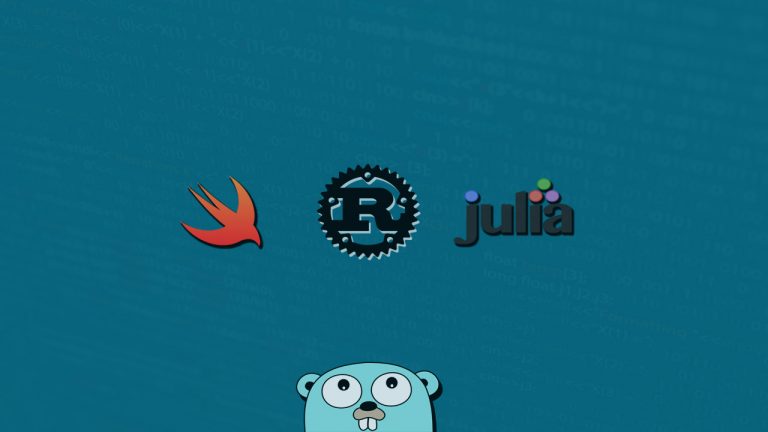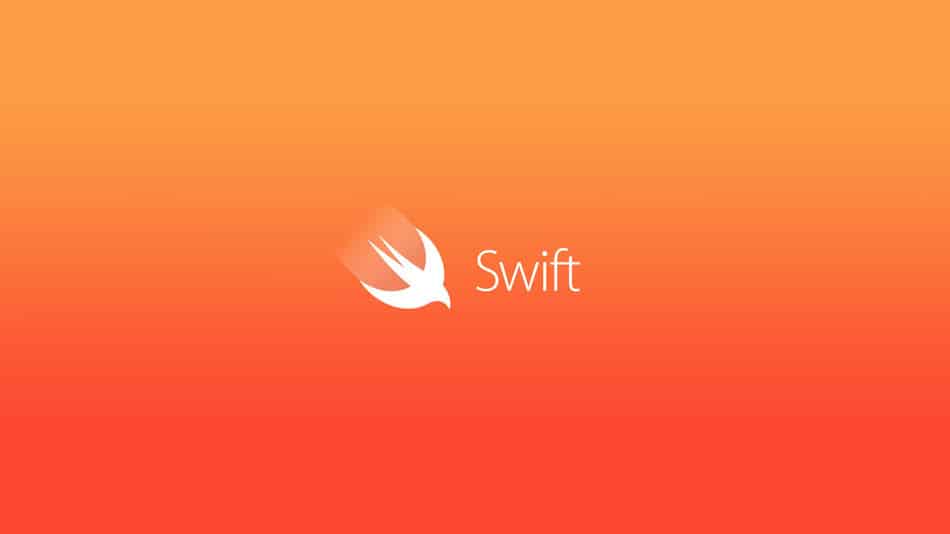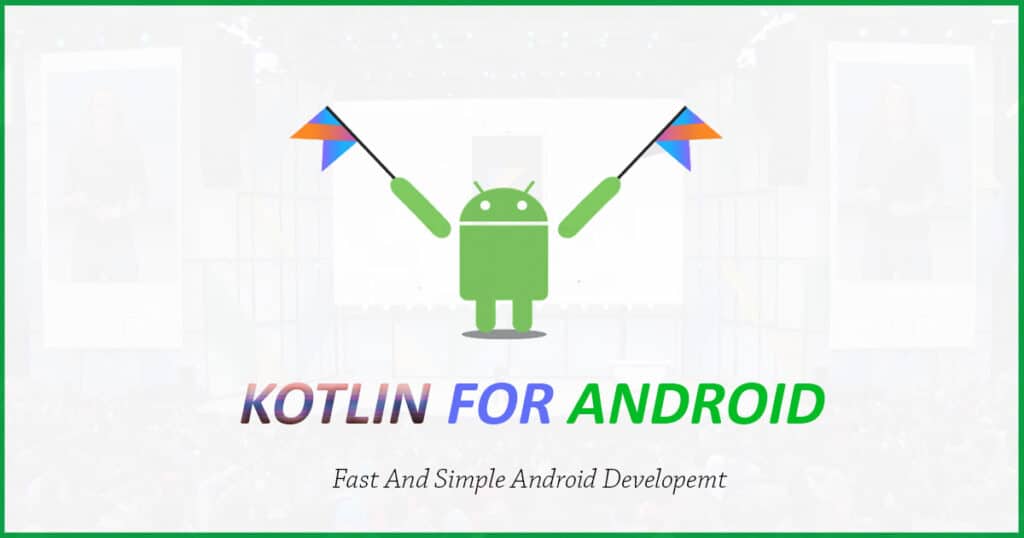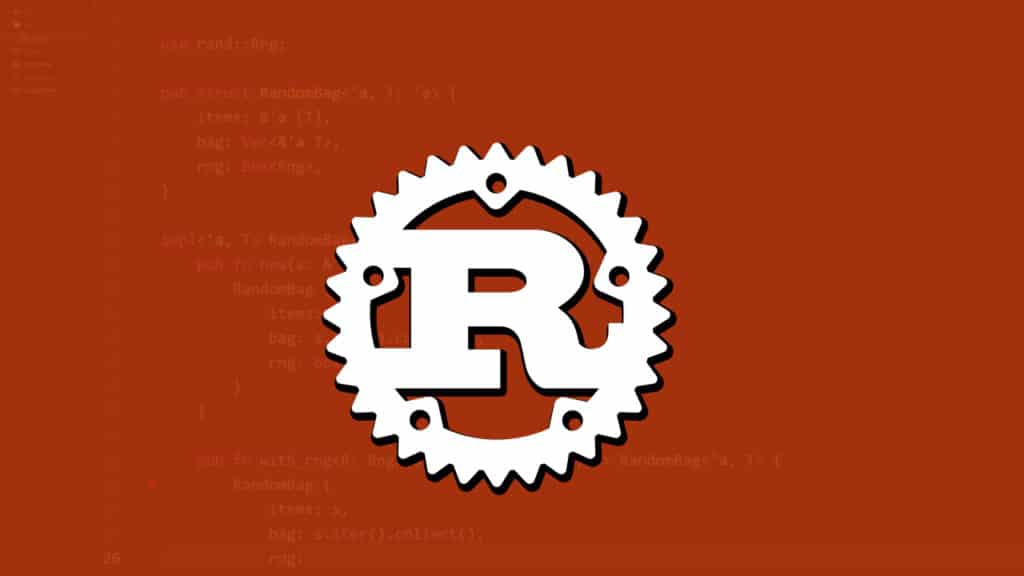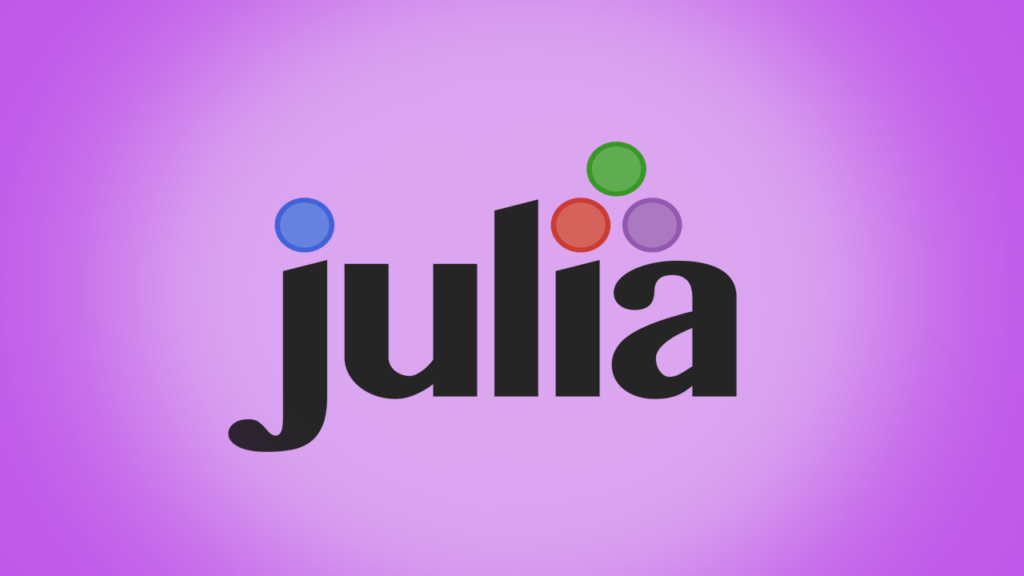2019 provides an opportunity to learn new things. As a programmer, one of your biggest goals should be to learn new programming languages. There are several advantages of learning something new. One of them is to widen your set of skills. You may end up getting new job opportunities from the language that you have learned. So which are the most popular new programming languages in 2019?
As you may already know, new programming languages keep cropping up. This makes it difficult to choose the right language. To help you make a perfect choice, we have compiled a list of the top new programming languages in 2019.
Contents
New Programming Languages To learn in 2019
1. Swift
Are you planning to be an iOS developer? Swift is the perfect language for you to learn in 2019. It is one of the languages that are mainly used in the Apple development community. From the look of things, it seems that the language may be expanding its scope to other operating systems. It can also be used for server and systems programming.
As a new programming language, Swift is highly secure and easy to learn. Most programmers consider it an alternative to Objective-C. This is mainly because it solves some of the recurrent problems that come with Objective-C.
2. Kotlin
In the same way that Swift is for iOS, Kotlin is for Android. It is deemed a perfect alternative to Java especially among Android developers. The language was formally accepted by Google and this means that Android developers who were depending on Java and C++ could now find a perfect alternative.
Even though Kotlin is a new language, it has been fully embraced by big companies such as Netflix, Trello, Pinterest, Coursera among others.
As expected, there are several reasons why Kotlin is receiving a warm reception. One of them is the convenience that it provides. For instance, programmers will write less code when using this language to develop Android apps. This means that it shortens the delivery time for the project while at the same time reduces the cost of delivering a project. It is also easier to maintain apps that are built using Kotlin than those built on Java.
3. Go
Go is one of the fastest-growing new programming languages. It is one of the languages that are expected to create a huge buzz in 2019. So, what is the language used for? Or, why should I use Go?
If you are a Python developer and would like to try out something different, this is the language to use. This is because the language is viewed as an alternative to Python. It is also an ideal choice for a back-end developer who just wants an alternative language.
Go was developed and sponsored by Google for the purpose of handling complex projects without interfering with the workflow. The language brings together the best features of both object oriented and functional programming.
4. Rust
Rust is a new programming language that became an instant hit among the developers. Although it is not as simple as Python or even Go, the language is relatively faster and more secure. This makes it an ideal language for systems programming.
The stringent rules of Rust make it a perfect option for building high-performance applications. It is a language that you can trust for developing applications that require the highest levels of security.
5. Julia
Julia is a new programming language that is synonymous with speed and high performance. It is a versatile language that can easily run on several platforms.
With Julia, you can easily express both the functional and object oriented programming patterns. This is possible because it uses the multiple dispatch paradigm.
Having a high-level syntax means that Julia is a language that is easy to learn and use regardless of your programming experience. It is also an open source language whose codes can be easily obtained from Github.
Final Words
Are you ready to explore new programming languages? You will never go wrong with the above programming languages. Not only are they new but also they are relevant to the current technological applications. Most of them are easy to use and can be ideal alternatives to some old programming languages.

